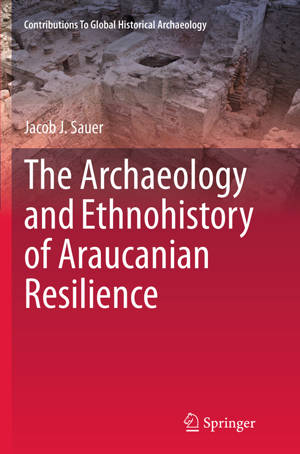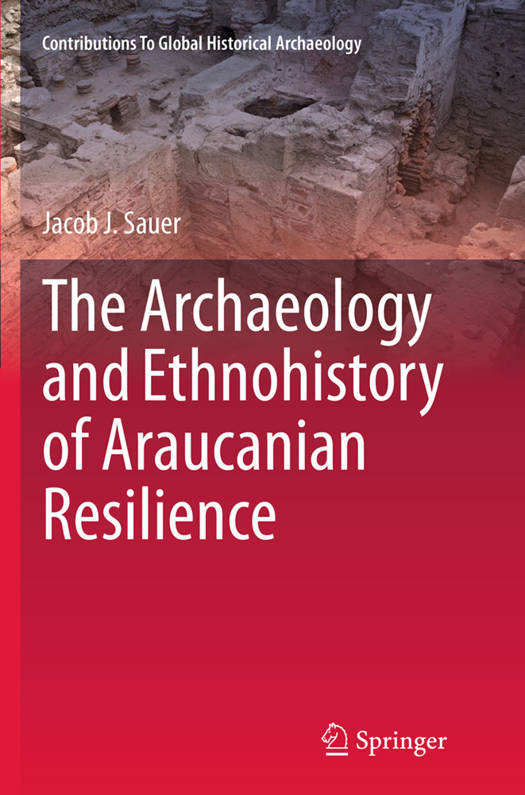
- Afhalen na 1 uur in een winkel met voorraad
- Gratis thuislevering in België vanaf € 30
- Ruim aanbod met 7 miljoen producten
- Afhalen na 1 uur in een winkel met voorraad
- Gratis thuislevering in België vanaf € 30
- Ruim aanbod met 7 miljoen producten
The Archaeology and Ethnohistory of Araucanian Resilience
Jacob J SauerOmschrijving
This volume examines the processes and patterns of Araucanian cultural development and resistance to foreign influences and control through the combined study of historical and ethnographic records complemented by archaeological investigation in south-central Chile. This examination is done through the lens of Resilience Theory, which has the potential to offer an interpretive framework for analyzing Araucanian culture through time and space. Resilience Theory describes "the capacity of a system to absorb disturbances and reorganize while undergoing change so as to still retain the same function." The Araucanians incorporated certain Spanish material culture into their own, rejected others, and strategically restructured aspects of their political, economic, social, and ideological institutions in order to remain independent for over 350 years.
Specificaties
Betrokkenen
- Auteur(s):
- Uitgeverij:
Inhoud
- Aantal bladzijden:
- 193
- Taal:
- Engels
- Reeks:
Eigenschappen
- Productcode (EAN):
- 9783319351698
- Verschijningsdatum:
- 10/09/2016
- Uitvoering:
- Paperback
- Formaat:
- Trade paperback (VS)
- Afmetingen:
- 156 mm x 234 mm
- Gewicht:
- 299 g

Alleen bij Standaard Boekhandel
Beoordelingen
We publiceren alleen reviews die voldoen aan de voorwaarden voor reviews. Bekijk onze voorwaarden voor reviews.











